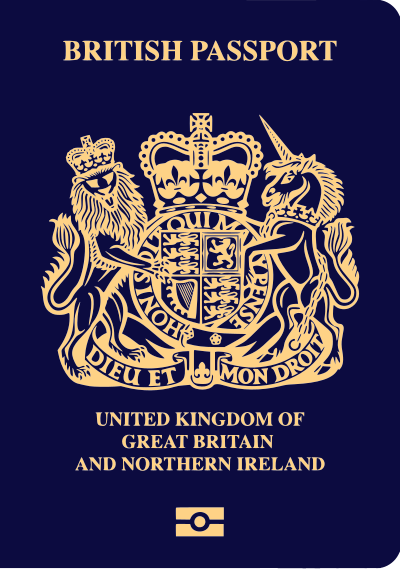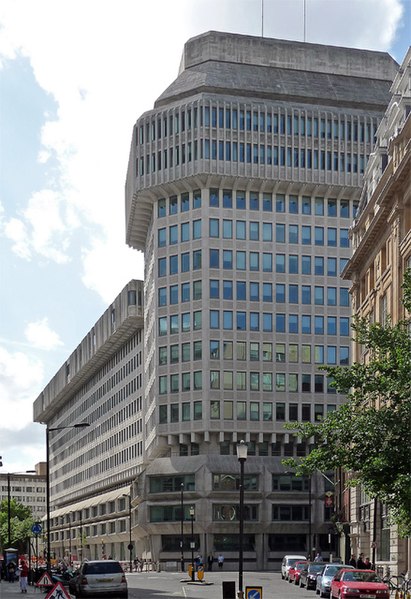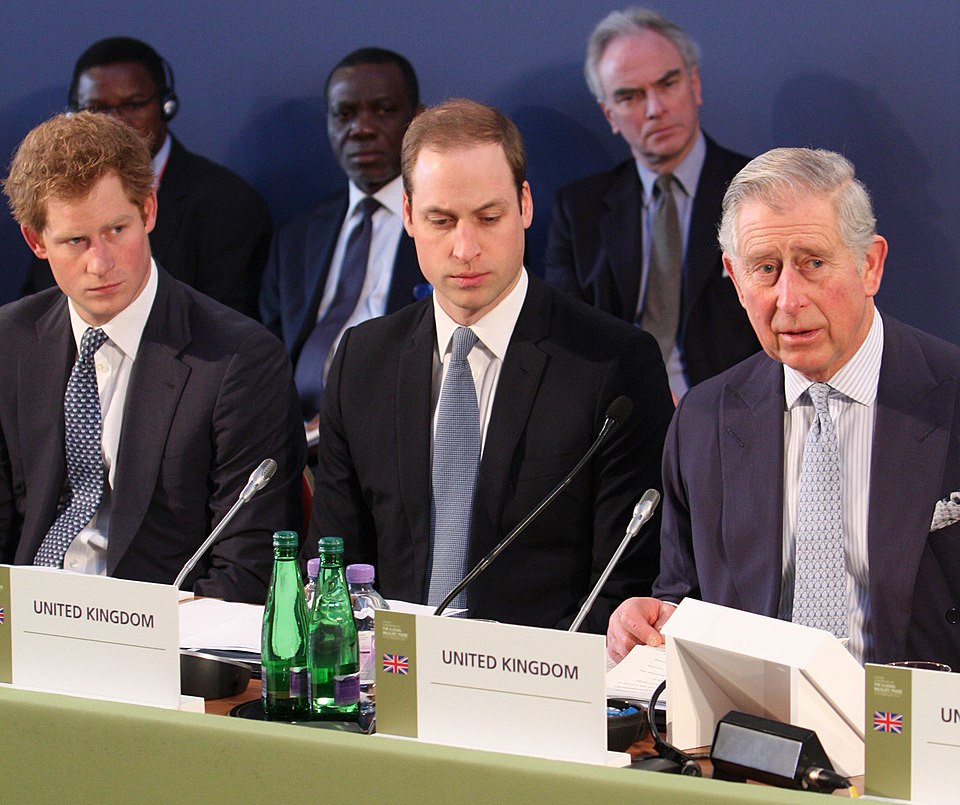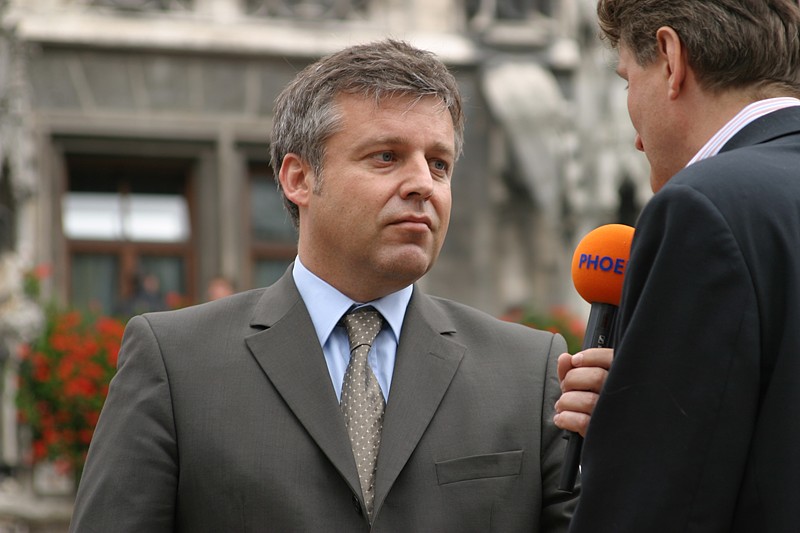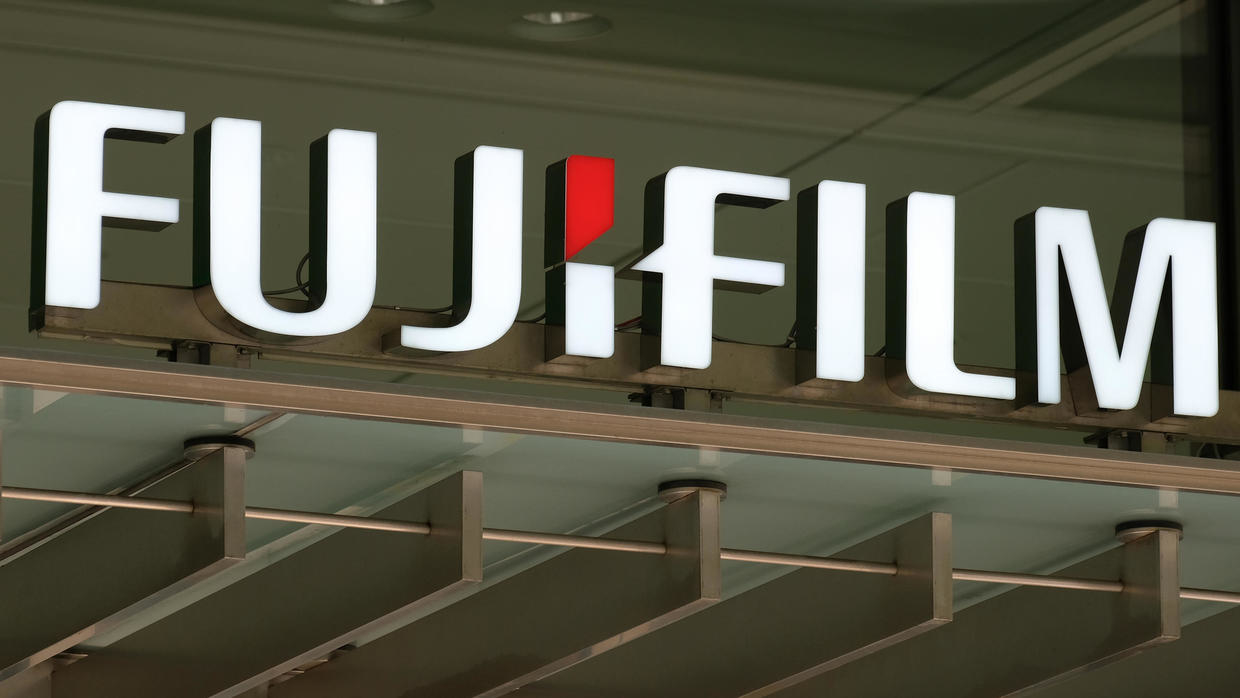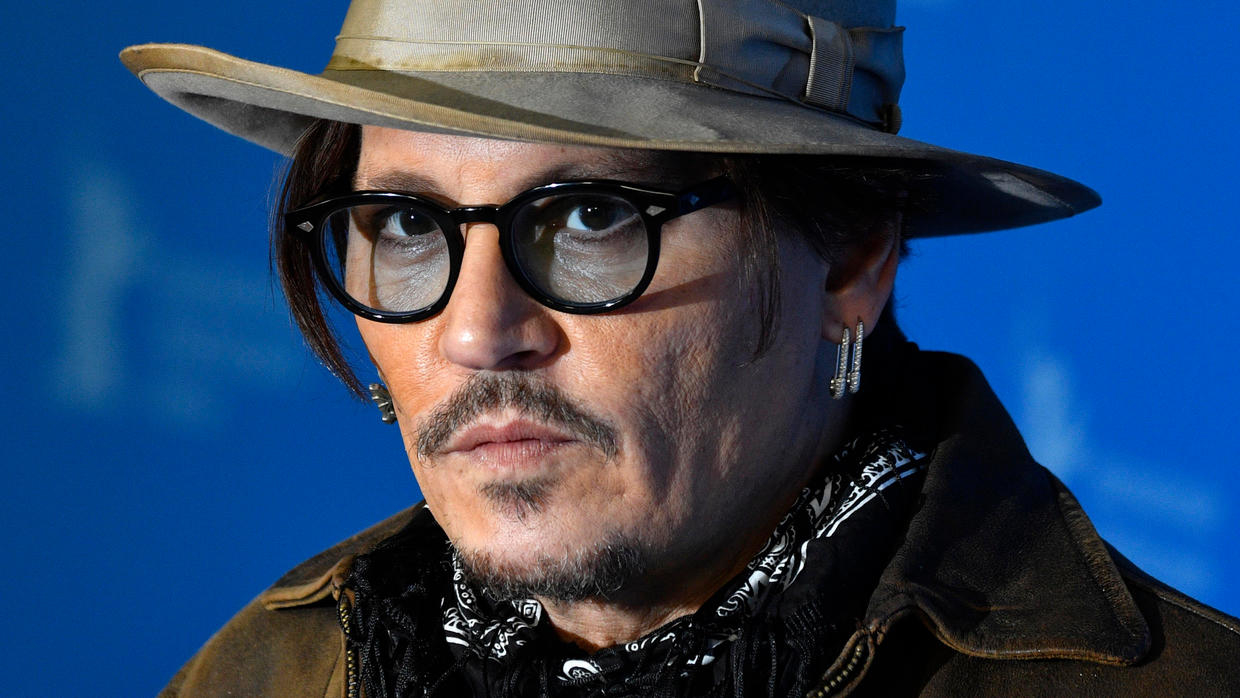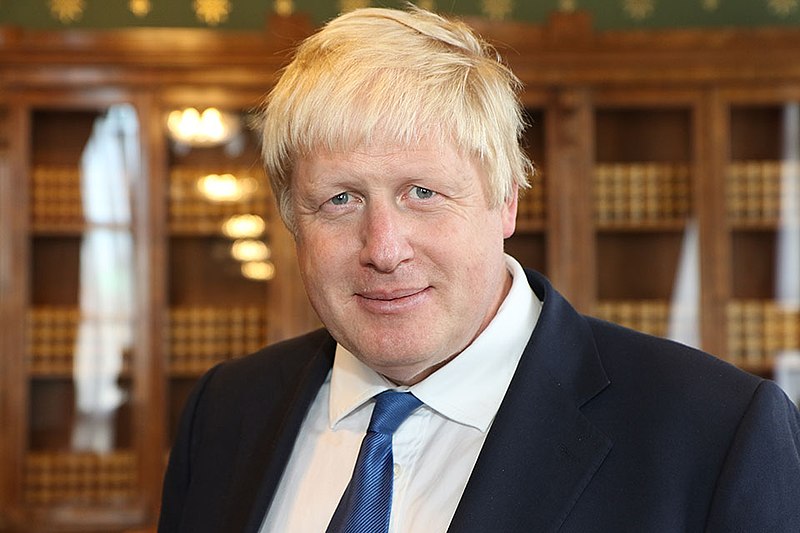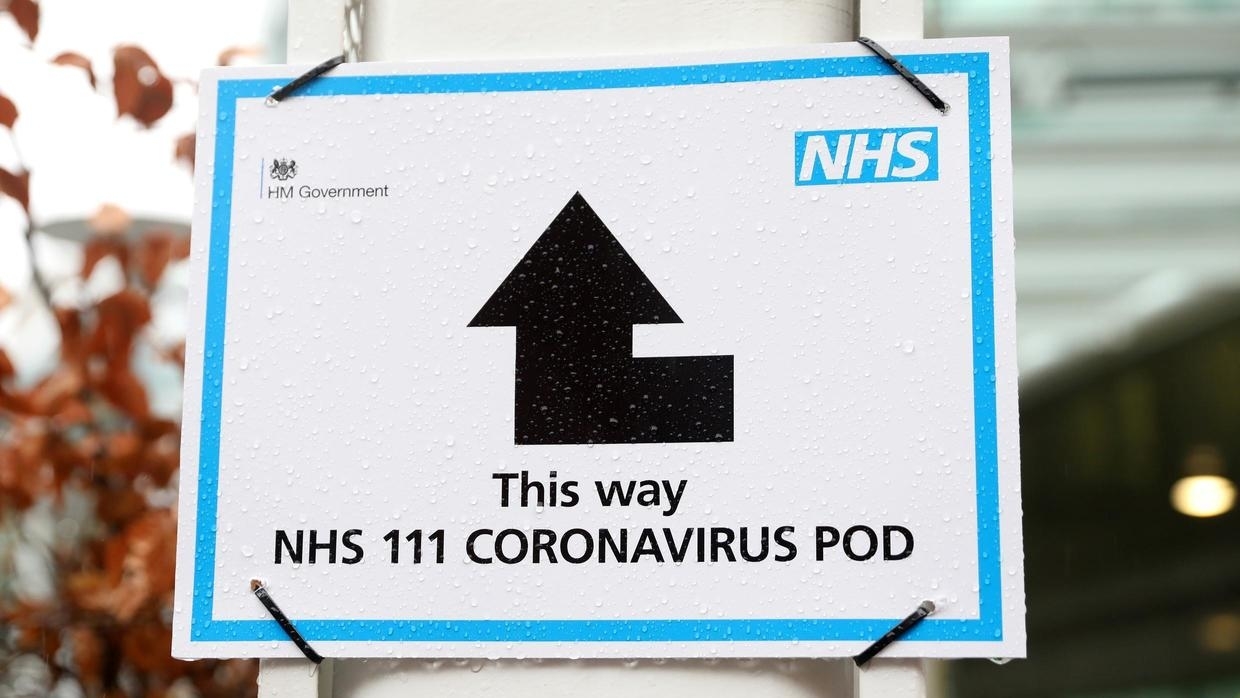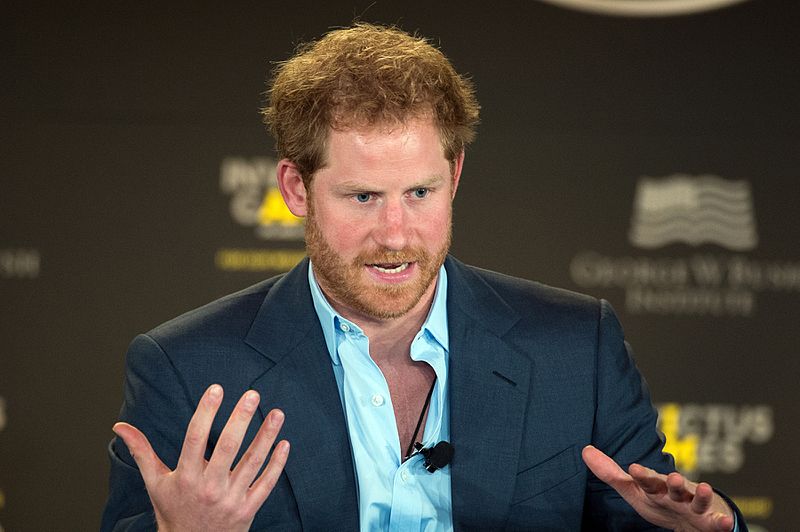
Britain's Finance Minister, Rachel Reeves, is set to announce a significant increase in funding for the National Health Service (NHS) as part of Wednesday's budget, with billions allocated to
purchasing new hospital equipment and increasing the number of operations.
Prime Minister Keir Starmer has acknowledged that tax increases will be necessary to rebuild the UK's public services, emphasizing that there will be no return to austerity despite the challenging fiscal situation inherited after Labour's election win in July.
“I am putting an end to the neglect and underinvestment that the NHS has faced for over a decade,” Reeves stated on Monday. “Our government will be known for bringing the NHS back from its worst crisis in history, restoring it, and preparing it for a promising future.”
According to the finance ministry, the budget will include £1.5 billion ($1.95 billion) for new surgical hubs and scanners and an additional £70 million for radiotherapy machines. This funding is expected to support an extra 40,000 elective appointments per week, bolstered by £1.8 billion that has already been invested since July. The final budget figure will be confirmed by Reeves on Wednesday.
The NHS, funded by the state, has faced some of its most challenging winters recently, struggling with backlogs of elective procedures delayed by the COVID-19 pandemic and industrial actions.
Starmer has pledged to implement a 10-year plan to address the NHS’s issues in England, following an independent report describing it as in critical condition. He has also reached pay agreements with health workers, ending a series of strikes that the previous Conservative government had blamed for longer waiting lists.
The finance ministry explained that the additional funding would support the NHS’s goal to ensure that 92% of patients wait less than 18 weeks for treatment to begin.
In the UK, healthcare is managed by the British government in England, with Scotland, Wales, and Northern Ireland handling it separately as a devolved matter.


